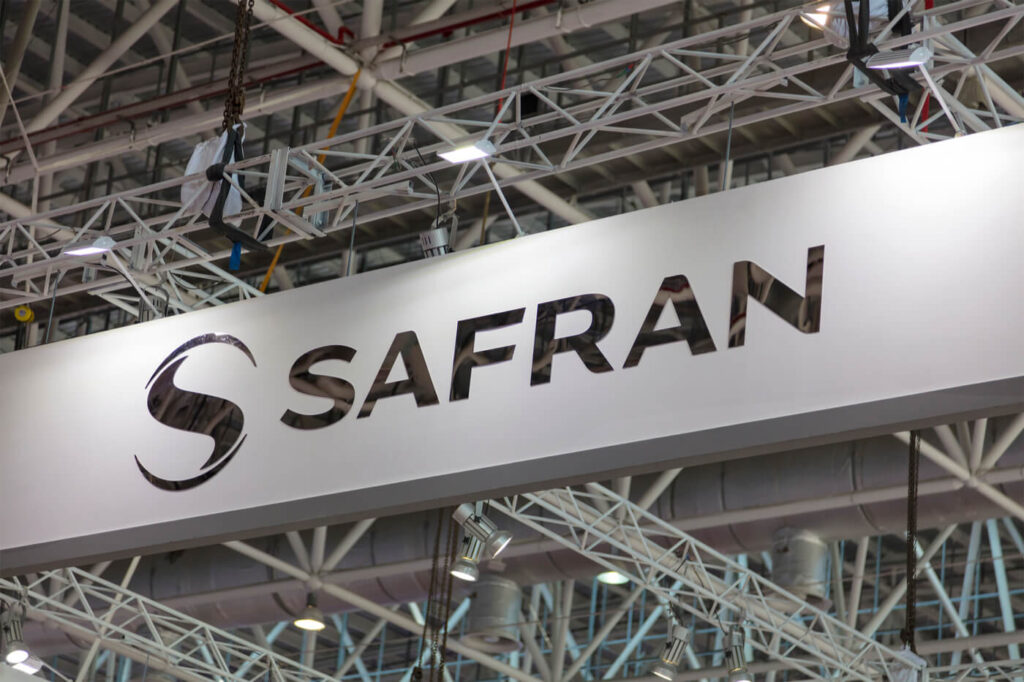While presenting solid financial results for the year 2019, the French aerospace manufacturer Safran revised its forecast for 2020 to take into account the impact of the Boeing 737 MAX grounding and production interruption.
The group reported a net profit of €2.7 billion ($2.9 billion) for 2019, up 34.5% compared to the previous year. Its revenue increased by 17.1%, reaching €24 billion ($26 billion) this year.
“In a difficult context, we delivered 2,127 LEAP and CFM56 engines [compared to 2,162 in 2018], reorganized our Equipment and Aerosystems activities, and continued to improve the performance of Aircraft Interiors,” said Director General Philippe Petitcolin. In October 2018, Safran had merged the aircraft interior supplier Zodiac Aerospace into its activities.
Despite its good results, Safran expects to see its finances drop in 2020. Through CFM International, a joint venture with General Electric, the French company is the sole engine supplier of the Boeing 737 MAX, the Leap-1B. Boeing’s decision to temporarily suspend the production of the aircraft in January 2020 could negatively impact Safran’s revenue by as much as 5%.
The grounding of the aircraft, following two crashes that killed 346 people, is expected to be lifted in mid-2020. From 1,736 Leap engines delivered in 2019, Safran now assumes it will produce around 1,400 for both the A320neo (Leap-1A) and the Boeing 737 MAX (Leap-1B) over 2020.
Safran was among the first supplier to announce it would adapt its production rates to the Boeing 737 MAX production halt. From 84 Leap-1B engines per month, CFM International cut down its output by half to an average of 40 engines.
2019 was a relatively good year for the French aerospace industry. On February 26, 2020, Thales reported a €1.12 billion ($1.31 billion) net profit for 2019, up 14%, while Dassault Aviation reported a 24% rise in its net profit, reaching €713 million ($780 million).

